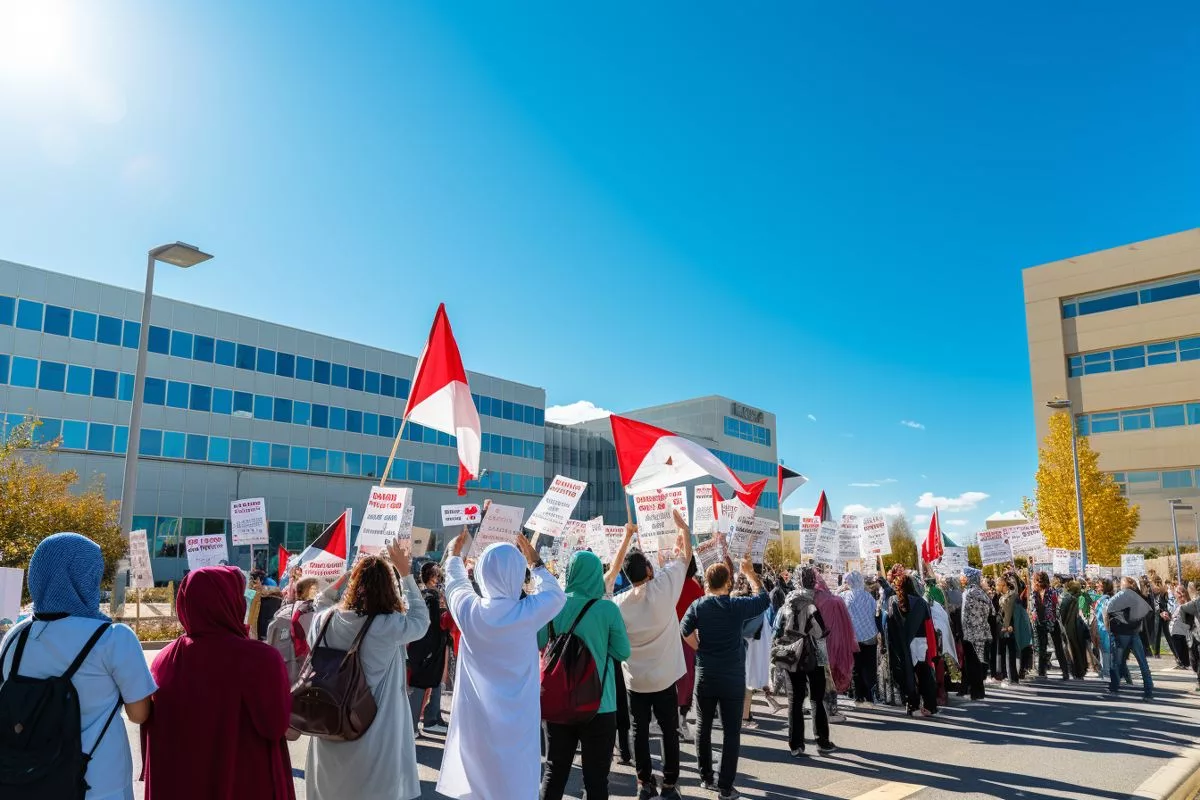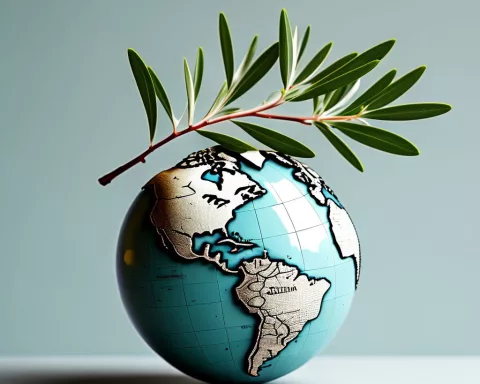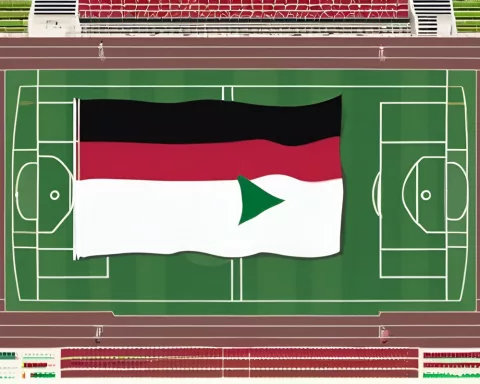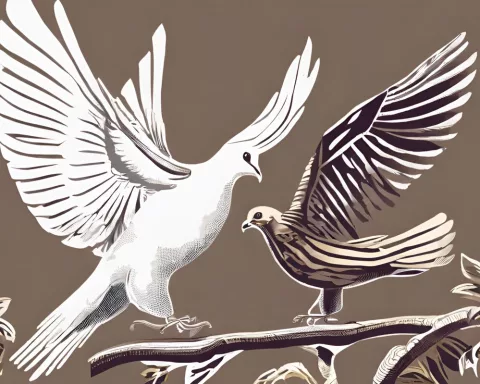Over 300 medical professionals in Cape Town gathered in a picket line, demanding an urgent ceasefire and unhindered access to humanitarian assistance for Palestine. The Health Care Workers for Palestine emphasized the importance of allowing hospitals and clinics to function without fear of being targeted and appealed for the sanctity of healthcare to be preserved. Among the protestors was Norwegian doctor Mads Gilbert, who spoke about an alliance of healthcare workers being created to reconstruct the healthcare system in Gaza.
Uniting in Empathy: Cape Town’s Medical Personnel Advocating for Palestine. More than 300 medical professionals assembled in a picket line, their message echoing amidst the morning commuter traffic. The Health Care Workers for Palestine demanded an urgent ceasefire and unhindered access to humanitarian assistance.
A Display of Unity and Support
Early Tuesday, a remarkable demonstration of unity unfolded at Cape Town’s Red Cross Children’s Hospital. More than 300 medical professionals assembled in a picket line, their message echoing amidst the morning commuter traffic. Ambulance drivers, taxi operators, and other motorists answered with supportive honks, creating a harmonious chorus of goodwill that echoed down the city streets. The protestors, brandishing Palestinian flags and placards that exclaimed ‘Hospitals aren’t Battle Zones’ and ‘Defend Children’, stood as embodiments of unity for the citizens of Palestine.
A Plea for Peace and Aid
The Health Care Workers for Palestine (HCW4P), in a bold proclamation, demanded an urgent ceasefire and unhindered access to humanitarian assistance. Their appeal emphasized the importance of allowing hospitals and clinics to function without the fear of being targeted. This compelling communication follows the heart-breaking news of the death of over 200 health workers and injuries to at least 130 more in Gaza within the past five weeks, a distressing estimate reported by NPR.
Professor Gregory Hussey, a pillar of the Red Cross Children’s Hospital, led this demonstration. Hussey elaborated on why the hospital, the largest children’s hospital in sub-Saharan Africa, was chosen as a symbol of their fight for Palestine, particularly for the children and healthcare workers. In a detailed account, Hussey outlined the harrowing conditions in Gaza, where countless children have been injured, numerous more are missing, and many more are on the precipice of becoming orphans.
The Sanctity of Healthcare
Hussey also voiced his worries about the healthcare professionals in Gaza, who have been under enormous pressure for the past five weeks. He stressed the importance of preserving the sanctity of hospitals, stating, “Hospitals should be a safe haven for healthcare professionals to provide essential care for children.”
Among the protestors was Norwegian doctor Mads Gilbert. Gilbert, who has been relentlessly engaged in emergency medicine in Gaza since the early 2000s and recently returned from a rotation on the Egypt-Gaza border, currently leads the emergency medicine department at the University Hospital of North Norway. He is also a professor of emergency medicine at the University of Tromsø, a city twinned with Gaza City.
A Vision for the Future
Gilbert, with a hopeful tone, spoke about an ‘alliance of healthcare workers’ being created ‘to reconstruct the healthcare system in Gaza‘. His encouraging words were delivered after addressing a captivated audience of nearly 200 people at Darul Islam School in Athlone.
Despite the solemn circumstances, Cape Town remains vibrant, with attractive offers to explore the city and its environs. The resilience of the city mirrors the resolve of the healthcare workers advocating for a cause they sincerely believe in. Amidst it all, their message is unwavering: hospitals must be havens, not war zones, and the rights of children and healthcare workers must be respected.
What was the purpose of the picket line in Cape Town?
The picket line in Cape Town, which brought together over 300 medical professionals, was held to demand an urgent ceasefire and unhindered access to humanitarian assistance for Palestine.
Why is it important to allow hospitals and clinics to function without fear of being targeted?
It is important to allow hospitals and clinics to function without fear of being targeted because they provide essential care for children and healthcare professionals. Hospitals should be sanctuaries where healthcare workers can provide care without fear of harm.
Who led the demonstration at the Red Cross Children’s Hospital in Cape Town?
Professor Gregory Hussey, a pillar of the Red Cross Children’s Hospital, led the demonstration in Cape Town. He emphasized the importance of preserving the sanctity of healthcare and the need for hospitals to be safe havens for healthcare professionals.
Who was among the protestors at the picket line in Cape Town?
Norwegian doctor Mads Gilbert was among the protestors at the picket line in Cape Town. He spoke about an alliance of healthcare workers being created to reconstruct the healthcare system in Gaza.
What was the message of the Health Care Workers for Palestine?
The Health Care Workers for Palestine demanded an urgent ceasefire and unhindered access to humanitarian assistance. They emphasized the importance of allowing hospitals and clinics to function without fear of being targeted and called for the sanctity of healthcare to be preserved.
What is the current situation in Gaza?
The situation in Gaza is distressing, with over 200 health workers dead and at least 130 more injured within the past five weeks. Children have been injured, many are missing, and others are at risk of becoming orphans. The healthcare professionals in Gaza have been under enormous pressure, and there is a need to reconstruct the healthcare system.












